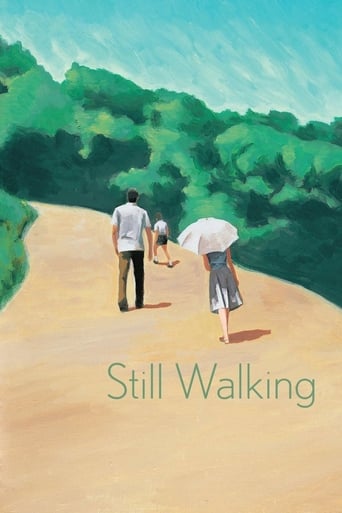


Still Walking
Twelve years after their beloved eldest son, Junpei, drowned while saving a stranger's life, Kyohei and Toshiko welcome their surviving children home for a family reunion. Younger son Ryota still feels that his parents resent that he isn't the one who died; his new wife, Yukari, is awkwardly meeting the rest of the family for the first time. Daughter Chinami strains to fill the uncomfortable pauses with forced cheer.
-
- Cast:
- Hiroshi Abe , Kirin Kiki , Yui Natsukawa , Yoshio Harada , YOU , Kazuya Takahashi , Hotaru Nomoto


Similar titles
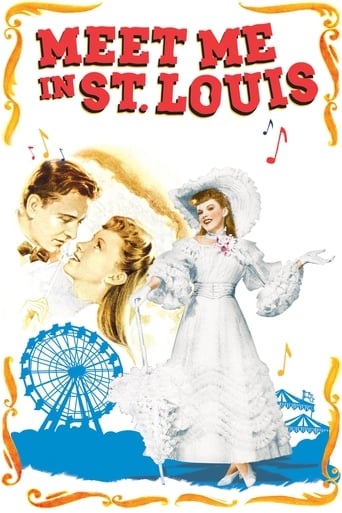

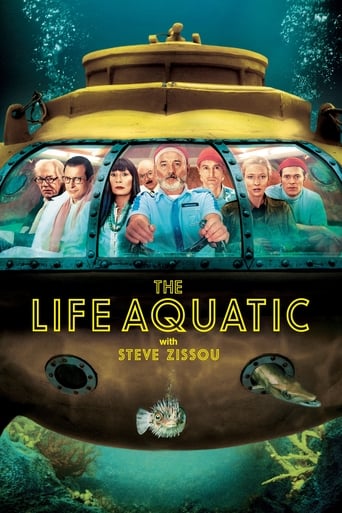

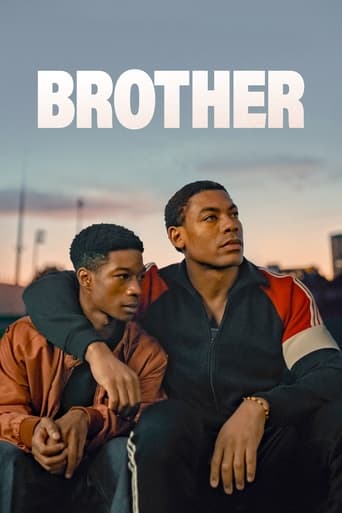
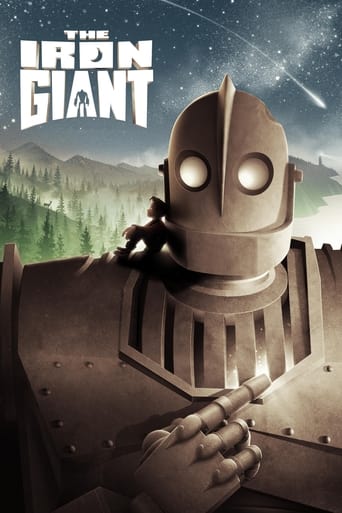

Reviews
Overrated
Absolutely the worst movie.
A Masterpiece!
Fun premise, good actors, bad writing. This film seemed to have potential at the beginning but it quickly devolves into a trite action film. Ultimately it's very boring.
This beautiful film introduces the viewer to three generations of a Japanese family as they gather at the home of the parents/grandparents. Through the movie we discover a lot about the complex emotional relations between them. The oldest son has died some years earlier and his memory is central to the family. Influenced by the great filmmaker Ozu, this film moves in a slow, contemplative pace. Nonetheless the discoveries the viewer makes about the family members burst quietly and sustain the viewer's interest in the family. The intensity of the relationships in the family and the film's close focus on them left me feeling, just as in life, both that I knew these people well and that there was a lot that I didn't know about them. I will watch this film again to see what more I can learn about these people.
The acting is fantastic in that it is all natural- there is no scenery chewing, and Kore-eda's well-paced and naturalistic script, the understated but deftly placed musical score by Gontiti, and the unobtrusive, yet evocative cinematography Yutaka Yamasaki, all work synergistically, but in the curious way of adding up to less than the sum of their parts .which is somehow perfect, because less equals more, at least in terms of naturalism. There's not a forced moment in the film, and it is not a tearjerker, even though it left my wife weeping, and me profoundly moved. This is because it is a deeply and genuinely affecting film. The closest film, in tone, that I can think of, in terms of American cinema, is Woody Allen's 1988 masterpiece, starring Gena Rowlands: Another Woman, wherein drama, on a grand scale, is achieved by focusing on people who do not live on such a scale. Still Walking is an example of cinemature in both senses of the term: mature filmmaking and literature-like in its depth and profundity.As for Still Walking? The old saw about them not making films like that any longer is true, at least for Hollywood. But they do make great, mature films still .elsewhere. Go East, young man! Go East!
I liked Air Doll so much I decided to seek out more films made by its director Hirokazu Kore'eda. Imagine you have a new friend in life, someone you have a fondness and respect for, and they invite you along to meet the family of one of their best friends. You'll probably attend with an optimistic attitude, thinking the old adage "friends of yours are friends of mine." Such was my approach to seeing this film.There is a rich tradition of the family drama in Japanese cinema and this is a worthy addition to it. Still Walking observes and reveals the humor, history, and hidden emotions of an extended family over the course of twenty-four hours. A brother and sister, their spouses and children, attend a yearly gathering at the home of their parents to commemorate the death of their older brother, the pride of the parents, who died accidentally fifteen years ago while attempting to save a young boy, a stranger, from drowning.The film has a languid pace and a subtle sense of humor. There is a stereotypical grouchy and reserved father who has a stereotypically antagonistic relationship with his second son, a doting and good-humored mother, a loving and amiable sister. It seems like there may not be anything new here. There really isn't, and not much happens until another annual guest to the gathering shows up. He is the boy the older brother saved from drowning. He's an overweight, fidgety, perspiring loser. He is extremely uncomfortable and we can sense the parent's resentment that it was not him who died instead of their son.There was something about Air Doll that bothered me. There is a scene where the Air Doll meets, literally, her maker. The man basically essays to her on the meaning of the film: aren't human beings just empty vessels too, desiring and needing to be filled up? I've come to think that Kore'eda didn't trust his audience, or perhaps himself, enough to let the film speak for itself. He felt the need to explain it. There is a similar scene in Still Walking. After the ill-at-ease boy leaves the family's home the son observes to his mother that it seems almost cruel to invite him as he seems so uncomfortable, almost tortured by it. The mother acknowledges this and says "That's why we invite him." The scene should have cut right there but Kore'eda has the mother discourse on the necessity of this sadism.Even with that flaw, and the fact that Still Walking doesn't present an original scenario, I still loved it. I enjoyed meeting this family. Kore'eda and the cast bring a freshness to the family drama staple of Japanese cinema. The photography is beautiful, the direction is fluid and accomplished, the performances superb, and there is a surprisingly good amount of subtle humor throughout the film. Highly recommended to those who enjoy the slow-paced and thoughtful.
"Aruitemo aruitemo" is about ordinary Japanese people. Comparable to the 1980 Robert Redford-directed film starring Timothy Hutton, this Far East import also deals with a mom, and how she distributes her love among the children unequally, forcing the left behind son to compete against the dead one, the favored one, the first born. Fifteen years ago, Ryo's brother died in the ocean while trying to save another boy. With a wife and child among him, Ryota(Hiroshi Abe) has returned home for a reunion(to commemorate the fifteen-year anniversary of his sibling's untimely passing), where he faces not just a frosty mother, but a father who's the antithesis to the sire played by Donald Sutherland in the Redford film. Ryota brings home damaged goods; his wife and child are widow and stepson, and they rate far below their daughter's husband and two children, in spite of the Japanese people's partiality for boys over girls. Whereas Calvin Jarrett(Sutherland) loved his son unconditionally, Kyohei(Yoshio Harada) admonishes Ryota for not following in his footsteps by becoming a doctor. Although the surviving son is in the restoration business too, artwork can't begin to compete with the prestige of fixing people, thus the wedge was set between them years ago, and festers there still, throughout the duration of what will be his final visit back home. The mother(played by Kirin Kiri), who seems to be the more congenial parent, entertains Ryo's wife with her son's childhood things, and pulls out an old school essay, in which the boy had expressed an admiration for his father and the medical profession. But that fatal accident at the beach had brought out the truth in how the family worked, so Ryo turned to art history, probably to spite his father who loved him half as much as the first born. Sympathetic portrayals both, the widow and the stepson, nevertheless, they follow the pattern of reduced expectation, in which Ryo, had his brother lived on, would have married more prudently, and summoned a blushing bride for procreation. Told in retrospect, "Aruitemo aruitemo" takes place, perhaps, about ten years in the past, the amount of time it took Ryota to make peace with his parents, and love them unconditionally, once again."Your family isn't normal," says Toshiko to her son, on the return trip from a pilgrimage to the dead son's grave. She doesn't count Ryo's stepson as his real child. Such bluntness shocks, the cruelty of her words. Clearly, the tragedy had curdled her heart. At the outset, the mother makes corn "tempura" for her familial guests, especially the children, but on this same walking tour, the moviegoer learns that she can barely stand kids, and shudders at the thought of her daughter's filial plan of moving back home with her family. The filmmaker excels at showing how oblivious the young children are to the anger that bubbles beneath the surface of each family gathering. They don't see that the grown-ups are ready to implode. The mother's worst behavior, however, is reserved for the boy who survived, an overweight dropout with no career prospects whom the family invites every year, so that he remembers the sacrifice made on his behalf, a sacrifice in vain. The mother tells Ryota that he wants the boy to suffer just as she had suffered. The father calls him "trash". In "Ordinary People", the surviving brother(Hutton) was at the scene of the boating accident, and is made to feel by the mother(played by Mary Tyler Moore) that the wrong son lived on. In light of the parents' disapproval over his family life and occupation, it's easy to see how Ryo might feel that mom and dad are projecting on the hapless guest, their disappointment over himself being the only surviving male heir.When Ryota returns home, his parents are long-dead, but now he has a new addition, a daughter, who joins her parents and brother in honoring the grandparents she never met. As he pours water over their tombstone, the moviegoer speculates as to why Ryota finally made peace with his folks. Our eyes turn to the little girl, and we remember the old woman's words. The moviegoer wonders if he agrees with her. The dousing of the tombstones can be read as a son waking up his parents, in order for them see the grandchild they always wanted. Considering how Ryota's parents felt about the widow and stepson, it's somewhat perverse for them to participate in the ceremony. "Aruitemo aruitemo" is very, very Japanese. They're not like American people. They're not ordinary people.



